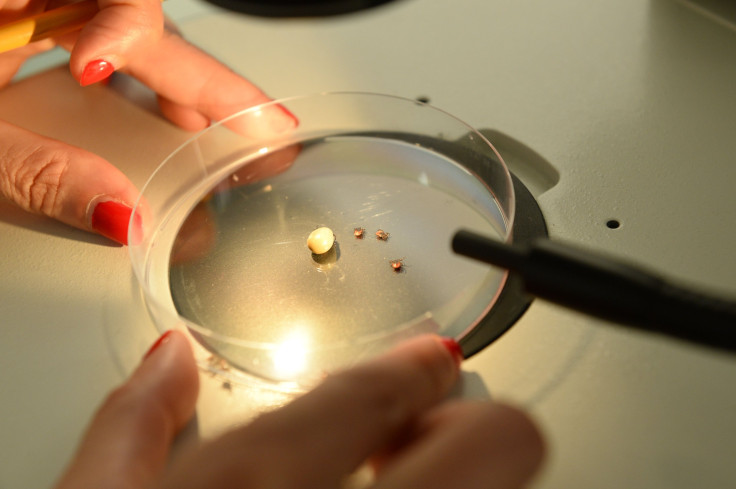What Is Bourbon Virus? Missouri Woman Dies After Contracting Tick-Borne Disease

When 58-year-old Tamela Wilson spotted a few ticks on her body late May, she simply pulled them off, never imagining these ticks would harm her in any way.
However, when she fell ill and her health began to deteriorate, she consulted a primary doctor. Upon examining her, the doctor told her she had contracted a urinary infection and gave her some antibiotics.
Little did she know she would ultimately end up afflicted by the deadly Bourbon virus that has no cure.
According to a CBS News report, Wilson, who worked at Meramec State Park, Sullivan, Missouri, started experiencing health problems a day after visiting the doctor.
“She literally couldn't even pick up her phone. She had no strength. My sister had been calling her and couldn't get a hold of her. My mom said the phone was right there ringing, but she could not pick it up to answer it,” Wilson’s daughter Amie May told CBS News.
Read: Can Lyme Disease Be Cured? Tick-Transmitted Illness Rates Will Be Especially High In 2017
Wilson was initially admitted to the Barnes-Jewish Hospital, St. Louis on May 31.
“They did a couple skin biopsies, but they came back fine. They did another testing for tick-borne disease, but those were also negative,” May said, adding, “They told us, you know, basically, they were hoping it would leave her system. They would continue treating her symptoms and hope everything would go away on its own.”
As days passed, Wilson’s health worsened. “Every day we’d go to the hospital and she’d get worse. No improvement,” Wilson’s stepmother Kathy Potter told Fox 6 Now.
After several tests, the doctors found that Wilson suffered from Hemophagocytic Lymphohistiocytosis (HLH), a condition that affected the cells of the immune system, causing rashes that eventually spread across her body.
“I'm a nurse and I've never seen anything like I'd seen my mother's mouth. It got so bad toward the end she couldn't talk, couldn't drink, couldn't eat — nothing,” May said.
It was only after Wilson’s blood sample was sent to the Centers for Disease Control and Prevention (CDC) that it was confirmed she had contracted the Bourbon virus.

Read: Lyme Disease: Everything To Know About The Tick-Borne Disease This Summer
The CDC said there was no known cure for the rare tick-borne illness, and all they could do was continue with the treatment Wilson was already undergoing.
About three weeks after Wilson was admitted to the hospital, she died of complications June 23, the St. Louis Post-Dispatch reported.
“I want people to know it’s out there. We have a virus that doesn’t have a cure, and that’s scary,” May said.
Wilson’s case is the fifth confirmed case of Bourbon virus since it was discovered in 2014 after a man in Bourbon County, Kansas, developed flu-like symptoms after he was bitten by ticks.
The CDC tested his blood samples and confirmed the new type of virus.
The researchers at the center said the virus belongs to a group of viruses called "thogotoviruses." They also said that there was no known cure for this virus and its consequences.
According to CDC, people are likely to be infected with Bourbon virus if they are bitten by a tick or an insect. Therefore, people who do not take steps to protect themselves from tick or insect bites when they work or spend time outside may be more likely to be infected.
© Copyright IBTimes 2024. All rights reserved.





















